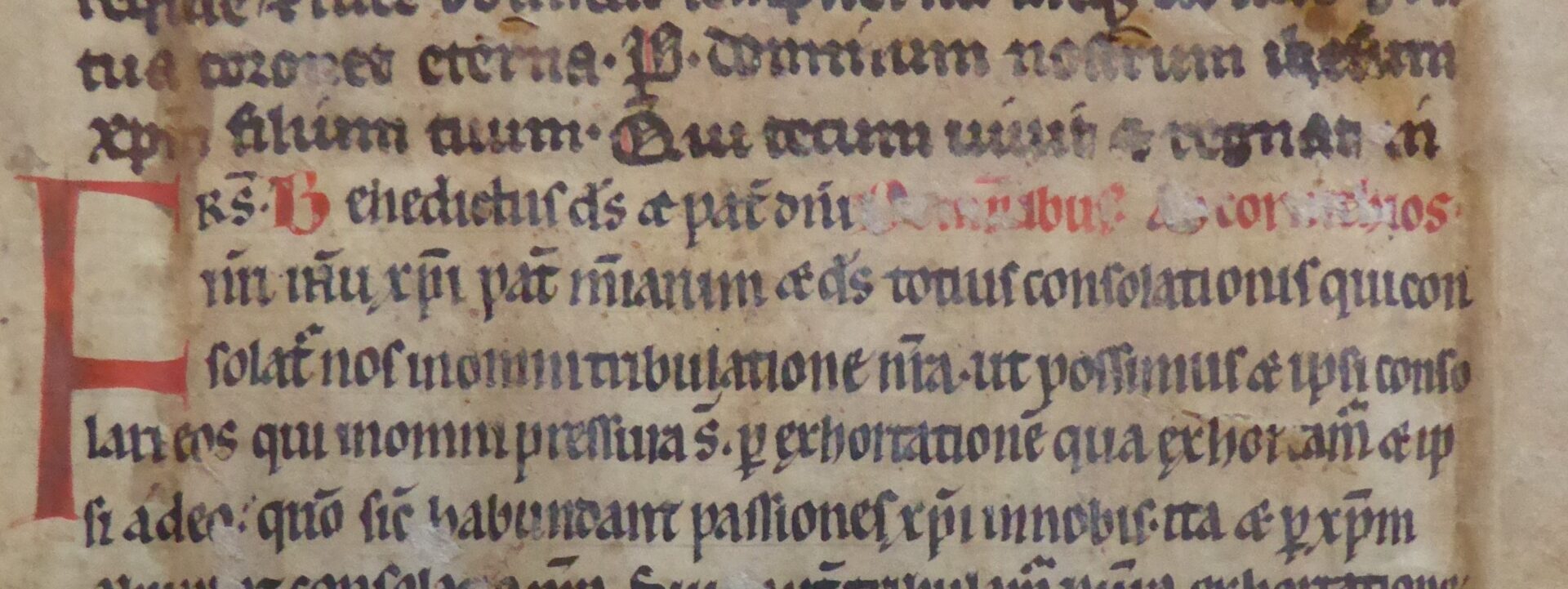
Tyla Rich
University of Kent
Project title:
Unchartered Territory? Towns and the Written Word before the Norman Conquest

Project Summary:
The transformation of numerous settlements across England into places where urban activity can be identified by the year 1066 has been a subject of considerable scholarly interest. Likewise, decades of scholarship on the corpus of early medieval charters have exposed the centrality of charters in the political, economic, and literary life of English society in this period and has allowed for the use of such documents as a valuable body of evidence for many different enquiries. However, an underexplored area which demands further investigation is the relationship between these two areas of study, and the extent to which charters had any major bearing on the establishment and administration of towns comparable to that observable in rural society. I aim to examine the process by which the written word, which initially arrived with overseas missionaries in a purely sacral context, was manipulated by urban communities to facilitate and augment the organisation of daily life. The unifying thread between the urban and rural economic landscapes of this period is the ecclesiastical landholding elite and it is largely through this lens of minster churches as major town landholders that the workings of urban society shall be gleaned.
This project will aim to examine the extant corpus of charters and writs that relate to the granting and confirmation of property and privileges in the emerging towns of early medieval England, from the turn of the eighth century until 1066. Whilst the town foundation charter as a distinct type of document is a phenomenon which emerged after the period of focus, much can be inferred from the numerous charters and other documents that directly or indirectly refer to the role of the written word in town life. This study will look at a range of charters that are unified by their references to urban centres, but otherwise differ greatly in terms of time, location, and purpose. Through a broad study of this corpus, it is hoped that general trends in the presentation of urban settlements by those who drafted charters can be identified, as well as exposing the ways in which individual towns made use of the written word in discrete ways in contrast to their contemporaries.